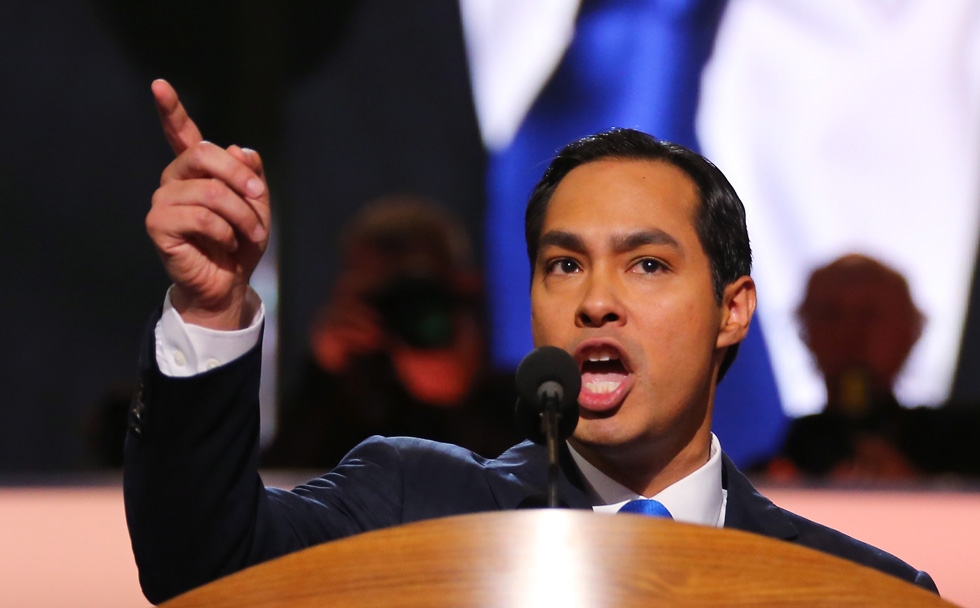Here's a Message Obama and Romney Should Both Approve

In the time since the national political conventions, I’ve been thinking about the views on education the speakers from both parties shared.
The one that really struck a chord was San Antonio Mayor Julian Castro's message that "opportunity leads to prosperity." This message conforms with findings by the Organisation for Economic Co-Operation and Development (OECD). OECD has statistical data, across dozens of nations, that those nations who have 15-year-old critical thinkers will be more economically competitive in coming years.
When many of us were in school, it seemed we had to memorize everything from Plato to NATO, if I may borrow historian David Gress’ phrasing. But now that we have smart phones in our pockets, remembering facts is not as important as being able to apply knowledge. And on the subject of smart phones, did you know that app developers are one of the most sought after people? It's a job that didn't exist five years ago. Many jobs of the future do not yet exist today. So how do we create educational opportunities so a rising generation is prepared for the global innovation economy?
We need a new type of education that develops globally competent students. We need to give students real-world and deeper learning experiences that promote critical thinking, collaboration, and the ability to communicate effectively.
But it doesn’t stop there. OECD data also reveal that nations with low variance in academic achievement see greater economic growth over time. In other words, high-achieving nations ensure that all students succeed, regardless of their socio-economic backgrounds. Places like Shanghai, Hong Kong, and Singapore have significant poor immigrant populations, but poor children have the same access to an excellent education as children from wealthy neighborhoods.
When Mayor Casto recounted his Ivy League education, he also talked about his childhood friends from San Antonio who had the same talent, brains, and dreams that he had, but did not have the same education. He stated, "I realized the difference wasn't one of intelligence or drive. The difference was opportunity." In far too many communities in the United States, students still do not have good educational opportunities. Many students are subjected to outdated curricula, rote-learning experiences, and inadequate resources. Regardless of the outcome in the upcoming presidential election, education must be viewed as the single greatest equalizer and antidote for many of the ills we face as a nation.
Ensuring equitable opportunities for rigorous, high-quality schools for all students is a goal we must achieve. Investing in our children is just good business. But more importantly, to provide equal access to an excellent education for all students, regardless of race, religion, or economic status, is what America, the land of opportunity, is all about.
Learn about how the Asia Society International Studies Schools Network prepares students for college and the interconnected world beyond.


